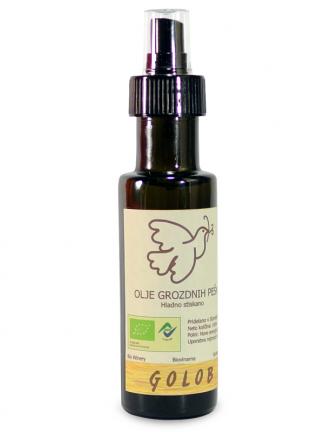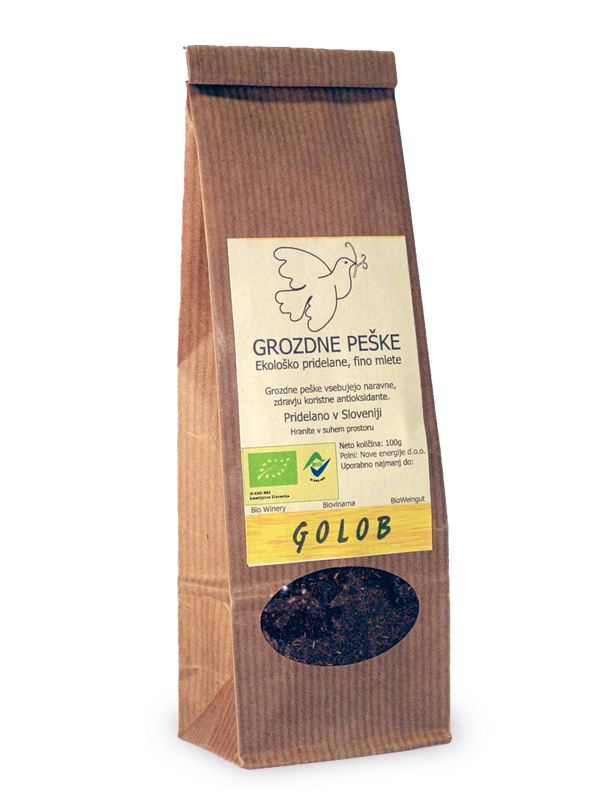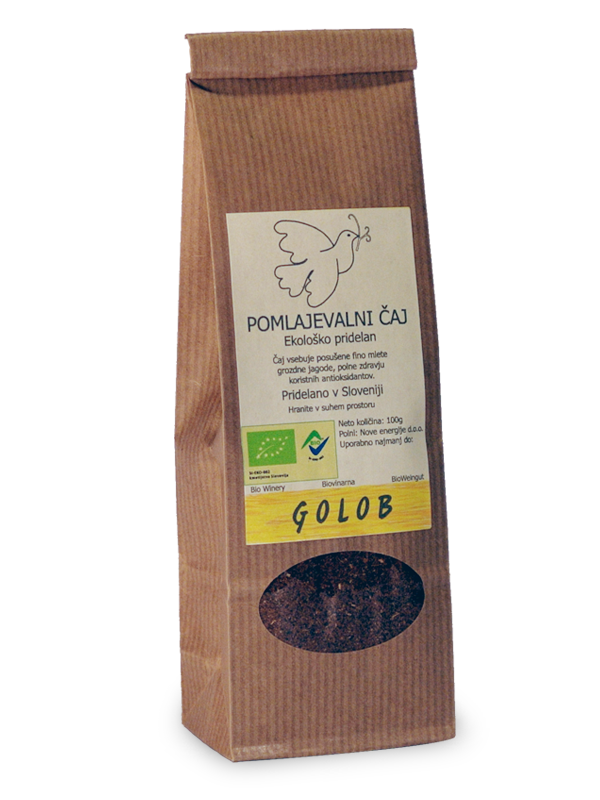 Last Updated on
Last Updated on
Grapes are one of the healthiest foods on earth. Grape skins and grape seeds, in particular, contain important nutrients and antioxidants that protect the body from a variety of ailments. Many grape products such as red wine and grape seed extract also boast powerful health benefits. But does grapeseed oil offer similar effects for the human body?
If you want to maximize the benefits of natural remedies, it is important to use the right product for your specific health issues and circumstances. Today, we will examine the health effects of grape seed oil and see whether it is recommended for use if you are following a keto diet. But before we continue, let us consider what is meant by a “keto diet.”
What is a Keto Diet?
A ketogenic (“keto” for short) diet is a low-carb diet where you get approximately 5% of your daily calories from carbohydrates. The drastic reduction in carb intake forces your body to burn fat instead of glucose to get the energy it needs. This process of burning fat produces natural ketones in the body. Ketogenic diets are among the most popular dietary practices in the world today.
If you are interested in trying a keto diet, you have to pay careful attention to the macronutrients you consume. The recommended daily caloric intake is 75-85% fats, 10-20% proteins, and 5% carbohydrates.
Keto Diet and Your Blood Sugar
A keto diet may have a big impact on your blood sugar levels. The premise of the diet is that having fewer carbs in the body lowers the amount of insulin you need and causes less blood sugar spikes. Several studies suggest a ketogenic diet may also increase your insulin sensitivity and make it easier to control your blood sugar levels. An increasing number of people are calling for the widespread use of keto diets to manage serious health issues such as diabetes.
Can a Keto Diet Really Help Diabetes?
Some people with diabetes who try a ketogenic diet report improved blood sugar levels and general health over time. It has also helped obese individuals with diabetes to lose weight and lower their insulin resistance. So, does this mean all individuals with diabetes should switch to a ketogenic diet? Not exactly.
While there are diabetic individuals who achieve better health with a keto diet, some people with diabetes experience the opposite effect. These people claim their insulin resistance increases after they try a keto diet. This means they need large amounts of insulin even if they eat very small amounts of carbohydrates. Similar findings were found in a 2018 mouse study published in the Journal of Physiology.
These reports suggest a ketogenic diet may not be a good idea for everyone with diabetes. Different people may have different reactions to major changes in their diet. Nevertheless, the keto diet has helped the vast majority of people who have tried it. It is definitely worth giving the keto diet a shot to see if it works for you.
Is it Safe to Do A Keto Diet Long-Term?
Many individuals are willing to change their eating habits if they are eager to address an urgent health issue. Once the issue is resolved, however, they tend to revert to their usual eating routine. One reason for this is the initial dietary change is not sustainable and may actually be detrimental over the long term. Is the the case with a ketogenic diet?
Scientific research and personal reports suggest a keto diet is physically safe for most people, including individuals with diabetes. Men and women who follow a ketogenic diet for a long period of time actually tend to have better overall health than their peers. Some diabetic individuals claim they do not want to try a ketogenic diet because they do not want to develop diabetic ketoacidosis. Let us discuss if their concern is warranted.
Diabetic ketoacidosis is a health issue that affects some people with diabetes and usually occurs when these individuals have an infection, illness, very low insulin, or severe dehydration. The issue is characterized by high blood sugar levels and glucose toxicity that makes the blood acidic. Despite its name, diabetic ketoacidosis is not linked with following a ketogenic diet. Studies show the ketones produced in a keto diet do not reach dangerous levels as long as you take your recommended amount of insulin.
Like all other diets, a ketogenic diet may contribute to some people developing an unhealthy relationship with food. Individuals with body image and other mental health issues may be at increased risk of developing an eating disorder. If you are constantly thinking about food, eating food to cheer yourself up, or avoiding social situations where food is involved, you may need to speak with a mental health professional. A trained therapist can help you regain your balance and take control of your life.
Should You Use Grapeseed Oil if You Are On a Keto Diet?
Grapeseed oil has a clean, light taste. It is an excellent choice for preparing foods with delicate flavors without overpowering them. But is grapeseed oil good for people who are on a ketogenic diet? Let’s find out.
One tablespoon (15 mL) of grapeseed oil contains approximately 14 grams of fat,120 calories, and 9 milligrams of vitamin E. It has a glycemic index of zero so it does not raise your blood sugar. Grapeseed oil also has high levels of linoleic acid, which can contribute to lower cholesterol and inflammation. A study published by the International Journal of Food Science claims grapeseed oil is more beneficial than other vegetable oils for reducing insulin resistance and inflammation in obese or overweight females.
Grapeseed oil contains zero trans fat and double the vitamin E content of olive oil. Vitamin E is a powerful antioxidant that your body needs to improve immunity and other bodily functions. If you are following a keto diet, you can take a few tablespoons of grapeseed oil each day or use grapeseed oil to make a delicious light dressing for your salads. Research shows that you can lower the glycemic index of some foods (such as white bread) if you dip them in grapeseed oil before eating.
Other Important Uses for Grapeseed Oil
In addition to boosting your health when consumed, grapeseed oil also benefits your hair and skin when applied topically. People who use grapeseed oil for hair report increased hair growth, looseness, shine, and bounce. Individuals who use grapeseed oil for face concerns such as wrinkles and fine lines report smoother skin. Certain skin and scalp concerns can also be reduced with grapeseed oil. For sunburns and dandruff issues, you can simply massage grapeseed oil directly onto the affected area for fast, all-natural relief.

If you are interested in buying grapeseed oil for your health, we recommend Golob’s grapeseed oil. It is cold-pressed, all natural, and harvested from delicious grapes organically grown in Slovenia.
References


